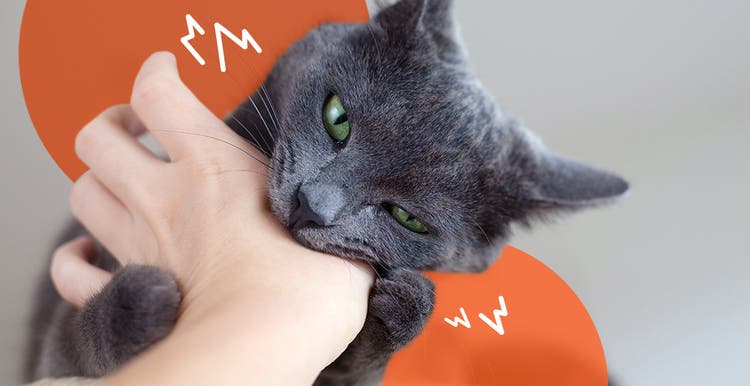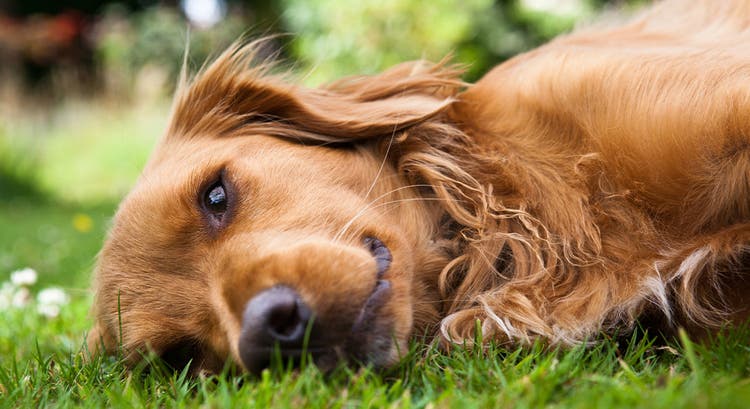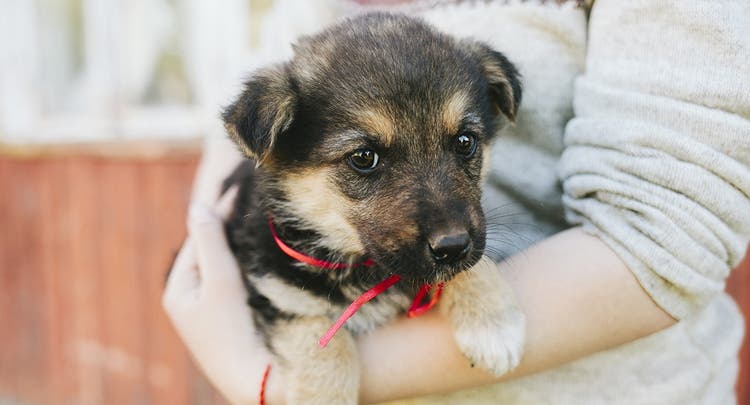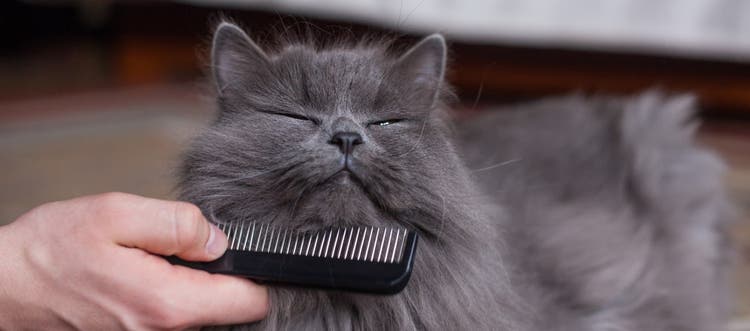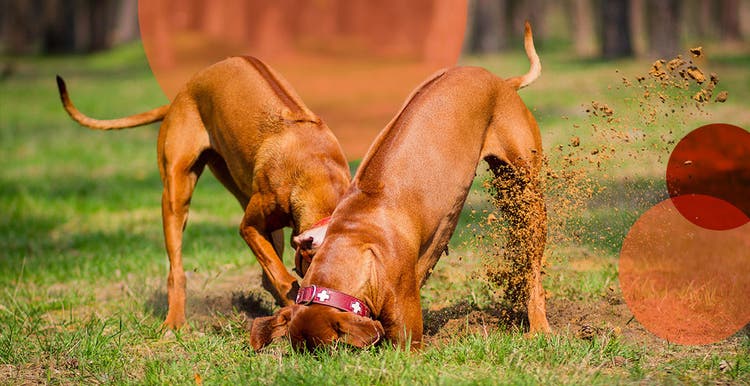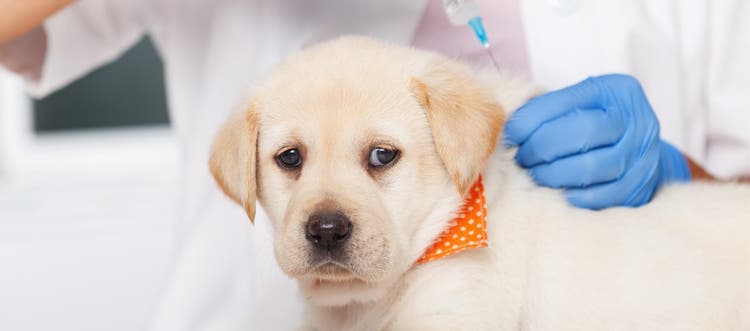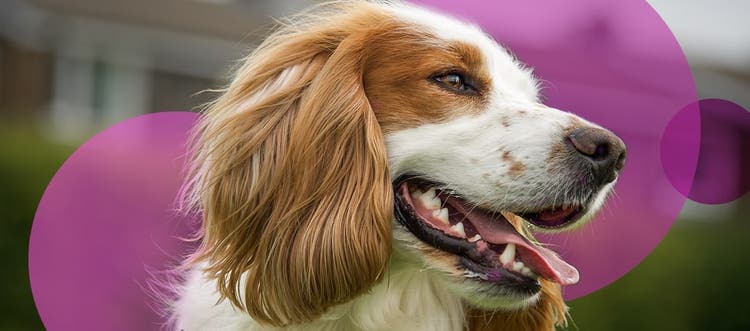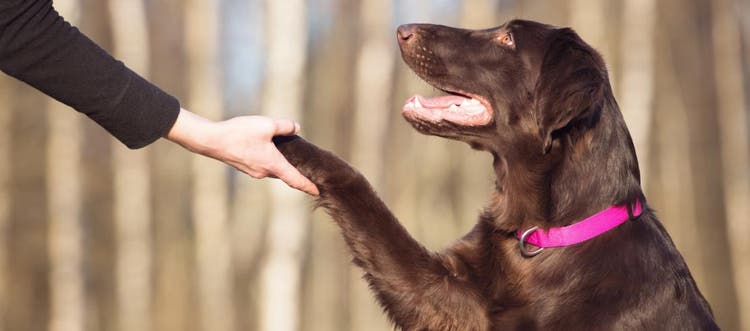If your dog has bad breath, it could indicate a health issue.
Dogs show their affection in so many ways, but if your pup has bad breath, their kisses and face licks may not be such a pleasant experience. Many dog owners believe that bad breath in dogs is normal, but it could also potentially signal a health problem.
By understanding the causes of stinky dog breath, you can find ways to treat it — and finally appreciate all that puppy love without the terrible odor.
How Do I Get Rid of Bad Dog Breath?
For minor issues, these home remedies for bad dog breath may work:
- Supervise your dog’s eating habits: Make sure your pet doesn’t have access to garbage or other nonfood items they have shown interest in eating. Keep the garbage in a cupboard or closet, and remove any feces or dead wildlife from your yard immediately.
- Brush your dog’s teeth regularly: You already brush your own teeth twice a day, so create a routine for your dog as well. Ask your vet how often you should brush your dog’s teeth, and which canine-safe toothbrushes and toothpastes they recommend.
- Schedule an annual cleaning: A yearly dental cleaning is the first step and best way to address your dog’s tartar and plaque buildup. It’s also an opportunity to speak to your vet about jump-starting a dental hygiene routine to help prevent future problems.
- Serve up something to chew on: Dental chews are exactly what they sound like — treats your dog can chew on to aid their dental health. Chewing is a natural way for your dog to clean their teeth, and you can find many breath-freshening options both in pet stores and online.
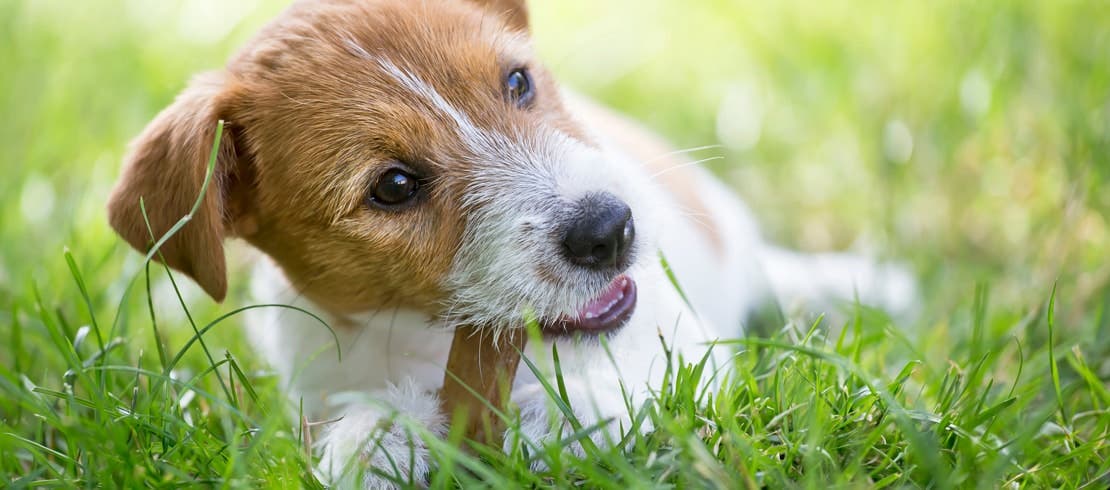
Why Does My Dog Have Bad Breath?
Sometimes the cause of bad breath in dogs can be easily fixed, but other times it can signal serious health issues. If you suspect a health condition is the culprit, make sure to take your dog to the veterinarian as soon as possible for a checkup.
Common Causes of Bad Breath in Dogs
- Dental hygiene issues: Humans are taught from an early age that dental hygiene is important. But sometimes dog owners forget that it’s just as important for their pets to have clean teeth and gums. Tartar buildup and increased bacteria, inflamed gums, tooth decay, gingivitis and other dental diseases are the most common reason dogs develop bad breath.
- Eating things they shouldn’t: Dogs are naturally curious creatures, and strong scents, such as decaying animals or trash, draw their attention. Not only is this habit annoying for pet owners; it’s also dangerous for your dog. They can be exposed to dangerous bacteria or get foreign objects stuck in their teeth, causing dental problems. Some dogs may even eat their own poop, which is an annoying behavior known as coprophagia. This habit can lead to increased bacteria in the mouth and even intestinal worms.
- Diet: Sometimes a pet’s food can cause bad breath. Switching to a new food can result in bad breath if it contains ingredients the pet’s stomach does not agree with, or if switching from dry, crunchy food to wet food does not clean the teeth as well.
Underlying Health Issues That Can Cause Bad Breath in Dog
- Oral tumors: If your dog’s bad breath is accompanied by a lump or growth around their tongue or in their mouth, they may have an infected tumor that should be evaluated by your veterinarian.
- Kidney disease: Does your dog’s breath smell like urine or ammonia? This is often a sign of kidney disease, which happens when waste products normally flushed out by the kidneys build up in the bloodstream. Kidney disease is a serious medical problem, so speak to your vet immediately if you notice the signs.
- Liver disease: There’s bad breath, and then there’s bad breath. If your dog’s breath is extremely repellent, liver disease might be the culprit. Other indicators include lack of appetite, vomiting and yellow-tinted gums. Like kidney disease, liver disease is serious, so take your dog to the vet right away.
- Diabetes: As with kidney and liver disease, diabetes gives your dog’s breath a very distinct smell, in some cases a sweet or fruity odor. Diabetes in dogs is treatable if addressed, so talk to your vet about getting your dog tested and how to move forward.
Having unconditional love for your dog doesn’t mean that you need to tolerate their bad breath. By getting to the root of the problem, you can keep the unpleasant smell at bay and ensure your dog’s mouth and teeth are healthy, too.



